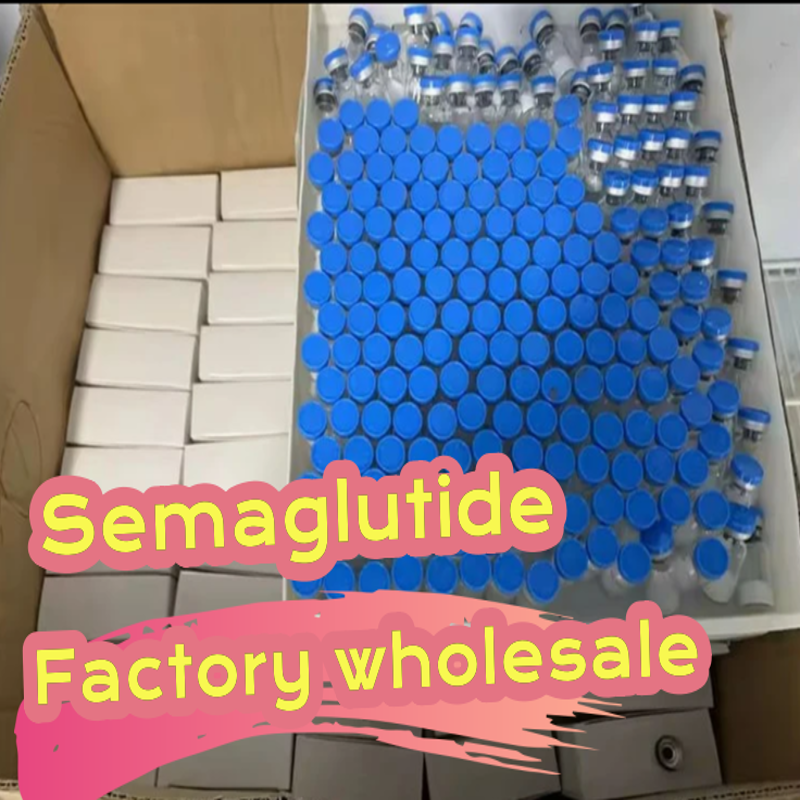Weigh! Nfs1 protects lung cancer cells from iron apoptosis
-
Last Update: 2017-11-30
-
Source: Internet
-
Author: User
Search more information of high quality chemicals, good prices and reliable suppliers, visit
www.echemi.com
In a new study, researchers from New York University School of medicine and other research institutions found that blocking a protein can release oxygen to destroy iron dependent proteins in lung cancer cells and breast cancer cells, thus slowing their growth and making them easier to kill The relevant research results were published online in the nature Journal on November 22, 2017, and the title of the paper is "nfs1 underground position selection in lung tumours and protection cells from fernotis" Human cells contain 48 proteins that are known to depend on iron sulfur clusters to function Once encountering oxygen, these iron sulfur clusters will degrade, so if normal cells want to survive in the hyperoxia environment such as lung, they must constantly replace these degraded iron sulfur clusters, and if lung cancer cells want to grow abnormally fast, they should replace these iron sulfur clusters more quickly This new study confirms that lung adenocarcinoma cells survive this oxygen threat by producing more protein nfs1 The protein collects more sulfur from cysteine to produce iron sulfur clusters The researchers also found that breast cancer cells that have spread to the lungs promote the production of nfs1 as soon as they enter this hyperoxia environment, not when they are in the breast "Our data support the view that nfs1 provides a key protective effect for cancer cells against oxygen, and we hope to find a way to remove this protective effect," said lead author Dr Richard possemato, assistant professor of pathology at New York University School of medicine In one genetic approach, the researchers used short hairpin RNA to turn off 2752 genes associated with cell metabolism one by one They found that many of the genes necessary to survive at high oxygen levels are less important under low oxygen conditions Remarkably, the nfs1 gene is the most essential for survival at high levels of oxygen present in the lungs, but not in low oxygen environments under the skin When the researchers injected cancer cells with or without nfs1 into the skin of mice, a low oxygen environment, they all grew equally well But these cancer cells don't form tumors in the lungs Consistent with these findings in mice, analysis of human data sets showed that nfs1 levels in human lung adenocarcinoma cells were higher than in nearby normal lung tissue Two new methods to prevent the growth of lung cancer In two ways, nfs1 may be critical to the survival of lung cancer cells, the researchers said They found that if the activity of nfs1 was not enough to keep up with oxygen mediated destruction of iron sulfur clusters, cancer cells would deplete these critical building blocks (i.e., iron sulfur clusters) needed to produce important proteins and thus stop proliferation Alternatively, the number of iron sulfur clusters may be used as a sensor to detect iron levels When the levels of these iron sulfur clusters are too low, the cells "think" that they lack iron, thus releasing more iron from the molecules that store them In the study of cancer cells cultured in vitro, the researchers found that this accumulation of "free" iron can lead to the production of reactive oxygen species (ROS), which can destroy the cell membrane and lead to the death of a cell called iron apoptosis They pointed out that in the future, further research needs to be carried out in active objects to confirm this "Our research suggests that in the future, people can combine anti-cancer therapy that destroys the ability of antioxidants to protect cancer cells from ROS with drugs that block nfs1, thus promoting cancer cell death through iron mediated toxicity, even when the tumor is in low oxygen condition," possemato said Currently, these researchers are screening experimental compounds to block the ability of nfs1 to promote the production of iron sulfur clusters.
This article is an English version of an article which is originally in the Chinese language on echemi.com and is provided for information purposes only.
This website makes no representation or warranty of any kind, either expressed or implied, as to the accuracy, completeness ownership or reliability of
the article or any translations thereof. If you have any concerns or complaints relating to the article, please send an email, providing a detailed
description of the concern or complaint, to
service@echemi.com. A staff member will contact you within 5 working days. Once verified, infringing content
will be removed immediately.







